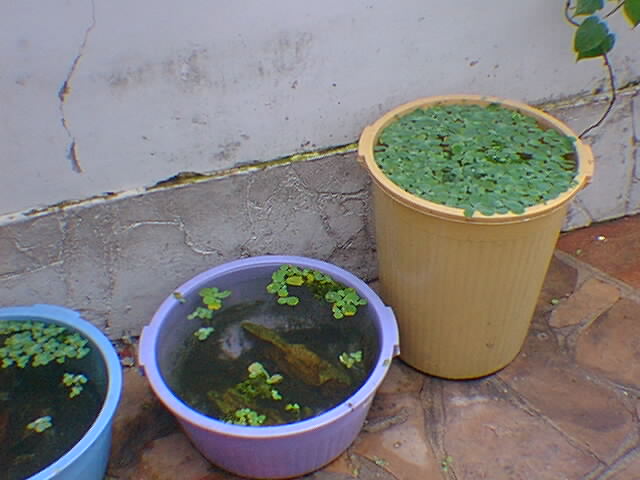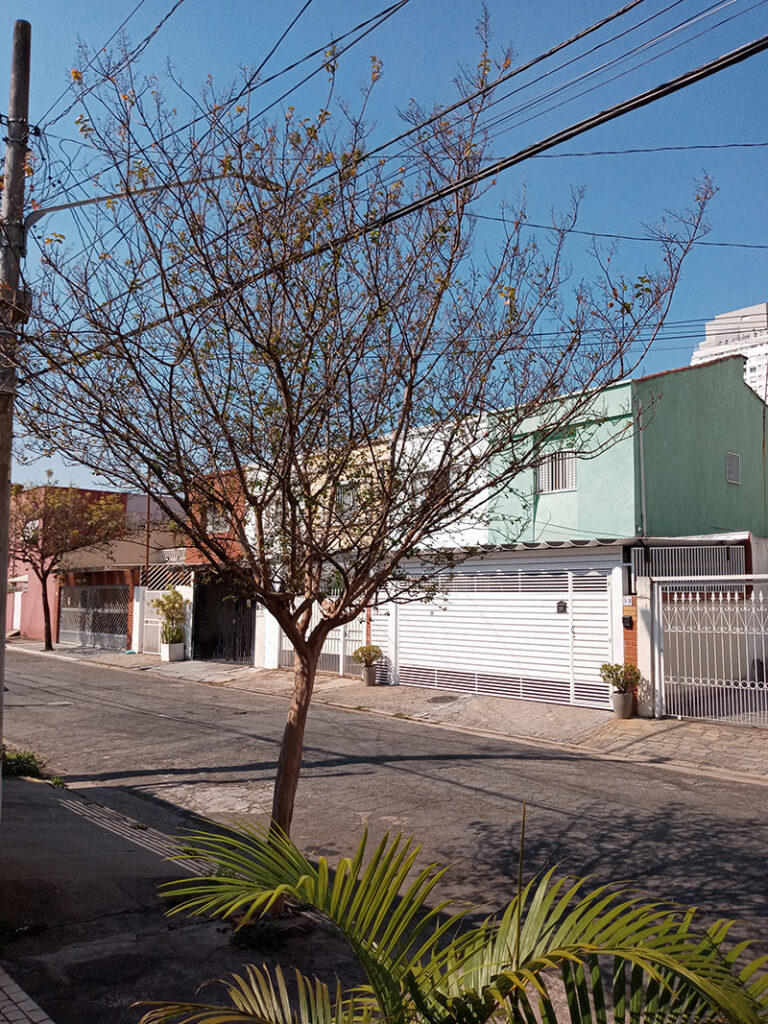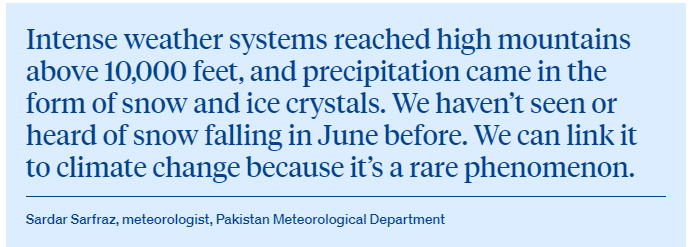For those who imagine that the effects of the climate crisis are just hurricanes, floods and heat waves, which pass with the season, may be surprised by the news about losses in agribusiness. Plants are not that hardy, they need balanced seasons to develop. They are also not so adaptable, the cactus, which does well in the semiarid, rots in the soggy soil. As for farm animals, they also need basic conditions to survive: they need clean water to drink and a balanced diet. If conditions are bad for pasture, they will also be bad for cattle.
I read news from around the world and use them as a basis to develop the subject. Since 2021, I have seen more and more news about losses caused by the climate crisis in crops and livestock. Some effects are quite direct, such as the damage to cocoa plantations in Bahia after the floods in early 2022, with the waters taking weeks to subside, rotting and preventing the cocoa harvest. Other effects are less evident, such as the loss of coffee in some parts of the Serra da Mantiqueira because a heat wave cooked the coffee flowers, preventing them from developing.
The importance of seasons
Returning to the issue of seasons, I know well that they are very important to animals: I raised “goldfish”, also known as kyngyos, and they only reproduce after going through a very strong winter. The first time I managed to breed them, I had accidentally left some fish in bowls in the backyard during the winter and in the spring there were the fry. The people who raise these fish in Hawaii simulate winter by putting the aquariums in the fridge for a while!

The following BBC news from 19/08/2022 makes clear the importance of differences between seasons, with their striking characteristics, for plant life. Drought in the UK: Why do trees think it’s autumn already? Experts warn that the heat wave and drought have pushed the trees into survival mode, with leaves falling or changing color as a result of stress.

Losses worldwide
Agribusiness losses caused by the climate crisis are happening all over the world. Below I have separated some headlines and also some of the content of some of the news, to exemplify the fact.
‘Very scary’: European agriculture hit hard by climate change and drought. Yahoo News 08/11/2022
In France, the Agriculture Minister has warned that the corn harvest is expected to be 18% lower this year, while farmers’ unions say that the shortage of fodder for livestock as a result of the drought could lead to a significant shortage of milk in the country. autumn and winter. In Spain, restrictions have been imposed on the use of water for domestic users, but rural authorities are reluctant to curb farmers’ use of this increasingly scarce resource, despite agriculture being responsible for nine-tenths of water consumption in the country. The Guardian 08/08/2022
In the United States, American farmers are killing their own crops and selling cows because of extreme drought. They are killing the crops because clearly the plants are not going to develop in this cycle, so they at least free the land to try again in the future. (ctvnews.ca 08/17/2022)
‘Carnificina’ enquanto milhões de galinhas de granjas industriais morrem em galpões sufocantes durante onda de calor recorde. Independente 02/08/2022
Thousands of baby chickens die due to excessive heat at Miami airport. CNN 22/07/2022
Due to the drought that ravages England, apples are roasting on the branches and the ban on the use of hoses affects millions of people. The climate crisis, driven by the burning of fossil fuels, is making droughts and floods more frequent and intense in the UK, and the hotter the planet gets, the worse those impacts will be. CNN 08/13/2022
Onions and carrots will be smaller after heatwave, shoppers told. The Telegraph 29/07/2022
UK farmers count cost as heatwave kills fruit and vegetable crops. The Guardian 08/01/2022
2021/22 Soybean crop in Paraguay was worst in modern history. 70% of the crop was lost because of the heatwave. Agropages 04/11/2022
In Canada, the climate crisis is affecting cherry plantations. The Globe and Mail 07/19/2022
Drought, heat greatly damage agricultural crops in Croatia. Xinhua 16/08/2022
In China, extreme temperatures have disrupted crop growth and threatened livestock. CNBC 08/18/2022
The price of cotton is skyrocketing as the climate crisis affects every major producer in the world. In India, it was heavy rains and disease that attacked the crops. In China, an unprecedented heat wave. And now also Brazil, second world producer, suffering from drought and excessive heat. The Economic Times 08/20/2022
And it’s not just the effect on plants
The climate crisis also affects crops and livestock indirectly, as can be seen from the headlines below, as land, climate, water and animals are interconnected. Things don’t work independently, they are related and agribusiness is embedded in nature
One-third of the food we eat is at risk because the climate crisis is endangering butterflies and bees. CNN 15/08/2022
Extreme drought on the Taquari River has mistreated cattle and worried ranchers. The cattlemen say that in the 1980s it took a whole day to cross the cattle from one side of the river to the other. Today, with the dryness of the bed, it takes only 5 minutes. O Sul Matogrossense 07/26/2022
This year, shepherds in Pakistan’s Neelum Valley were hit hard by heavy summer snow. On 21 and 22 June, up to a meter of snow fell, killing 1,932 goats, 350 sheep, 80 cattle and 20 horses. Also in southern Kashmir, the summer snow brought heavy losses to herders in the mountains. It snowed heavily between June 19 and 22, covering the lush meadows with a layer of snow more than 60 cm deep, according to several herders in Marsar and Khimsar. Eco-business 12/08/2022

Inflation and famine
In all newspapers you read a lot about the effects of the pandemic on the economy and now about the inflation caused by the war in Ukraine, but the real villain is the climate change, which is getting worse and worse. And the losses caused by climate crisis in the agribusiness makes hunger surround us closer and closer.
Vegetable shortages loom as Europe battles the heat wave. A lack of water and transportation chaos mean shoppers will have less choice. The Telegraph 08/07/2022
UK farmers count the costs as the heat wave kills fruit and vegetables. The Guardian 01/08/2022
Worsening conditions will force people to abandon agriculture, industry warns. Farm workers talk about the impact of drought and rising costs. Belfast Telegraph 08/10/2022
Extreme heat in China has also resulted in crop failures in many parts of the country, adding to inflationary pressures in the past month. CNN 08/17/2022
Uganda: Food crises and hunger rife in Karamoja. Africa News 14/06/2022
Climate change is disrupting our food system, which makes it vulnerable to further crises. Business Insider 01/08/2022
In Texas, ranchers are selling cattle because they can no longer feed them. Due to the historic drought, the population of the city of Gunter, Texas, has been warned that they may be completely without water! CBS News 7/29/2022
If the weather helps…
This is my favorite part, “if the weather helps…”. There is no program on agriculture and livestock in which a farmer does not appear saying these words.
Farmers warn ‘if the rain doesn’t come we’re really in trouble’. BBC 29/07/2022
The Planet we live on is finite, with limited resources. Even the abundant ends one day. Just yesterday President Macron gave a speech saying that the age of abundance is over and that we will have difficult times ahead. There is a lot of talk about sustainability, but the pot of our yogurt is always new.
We consume too much, we eat too much, we pollute too much, we are burning the forests, and we are ignoring the consequences. There is adaptation up to a limit, but it is never comfortable:
Drought in Hungary prompts the producer to say “I want to breed horses, not camels“. Reuters 07/28/2022
And finally, I loved the Twitter below. Talk about toilets! They normally run on drinking water all over the world, which is becoming an increasingly scarce resource with the drought. The author of the post proposes the exchange of the current pots for compost-type pots, where the excrements will be transformed into fertilizer! And the most amazing thing about the post is this sentence:
“Flush… and somewhere it goes”.

One Reply to “Climate crisis and losses in agribusiness”